Call for Papers
The DATE conference is the main European event bringing together designers and design automation users, researchers and vendors, as well as specialists in hardware and software design, test, and manufacturing of electronic circuits and systems. DATE places a strong emphasis on both technology and systems, covering ICs/SoCs, reconfigurable hardware, and embedded systems, as well as embedded software.
The three-day event consists of a conference with regular papers, extended abstracts, and late breaking results, complemented by timely keynotes, special days, focus sessions, embedded tutorials, half-day workshops, and multi-partner project sessions. The event will also host the Young People Programme fostering networking and exchanges of information on relevant issues, recent research outcomes, and career opportunities for junior researchers. Poster-supported live interactions and pre-recorded videos are available to complement all research paper presentations before, during, and after the conference.
DATE 2026 is the 29th edition of an event that has always been the place for researchers, young professionals, and industrial partners to meet, present their research, and discuss current developments and upcoming trends, with high emphasis on social interaction.
Conference Scope
The conference addresses all aspects of research into technologies for electronic and systems engineering. It covers the design process, test, and tools for design automation of electronic products, ranging from integrated circuits to distributed large-scale systems. This domain includes both hardware and embedded software design issues. The conference scope also includes the specification of design requirements and new architectures for challenging application fields such as sustainable computing, smart societies and digital wellness, secure systems, autonomous systems and smart industry, and state-of-the-art applications of artificial intelligence. Engineers, scientists, and researchers involved in innovative industrial designs are particularly encouraged to submit papers to foster feedback ranging from design to research aspects.
Conference Sponsors
The event is sponsored by the European Design and Automation Association (EDAA), the Electronic System Design Alliance (ESDA), the IEEE Council on Electronic Design Automation (IEEE CEDA) and the ACM Special Interest Group on Design Automation (ACM SIGDA).
In cooperation with IEEE Solid-State Circuits Society (SSCS), IEEE Computer Society Test Technology Technical Community (TTTC) and IEEE Computer So-ciety (IEEE CS).
Conference Committees
The conference leverages the support of multiple committees to support its organisation. The DATE Sponsors Committee supervises the overall structure and operations of the conference; the Executive Committee designs and implement the yearly programme of the conference, and the Technical Programme Committee is dedicated to developing reviews and select the research manuscripts to be published at the conference.
Contacts
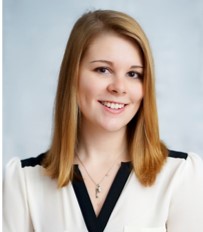 Conference Organisation | Conference Manager
Conference Organisation | Conference ManagerAnja Zeun, K.I.T. Group GmbH Dresden, DE
date@kitdresden.de
To receive the DATE 2026 newsletter you may subscribe to the mailing list at the website: https://www.date-conference.com/#block-simplenewssubscription.
Table of Content
- Conference Scope
- Conference Sponsors
- Conference Committees
- Contacts
- Submission Key Dates and Submission Links
- Programme Areas
- Special Days on Emerging Topics
- Research Papers – D, A, T, and E tracks
- Submission instructions – Research Papers – D, A, T, and E tracks
- Focus Sessions
- Embedded Tutorials
- Workshops
- Late Breaking Results
- Multi-Partner Projects
- Young People Programme
Submission Key Dates and Submission Links
| Programme area | Deadline / Submission link |
|---|---|
| Research Papers - D, A, T and E tracks | https://softconf.com/date26/conference/ |
|
Sunday, 7 September 2025 AoE |
|
Sunday, 14 September 2025 AoE |
|
Monday, 10 November 2025 AoE |
|
Friday, 16 January 2026 AoE |
|
Friday, 6 February 2026 AoE |
| Focus Sessions | https://softconf.com/date26/focus-sessions-submissions/ |
|
|
|
|
|
|
|
|
|
|
| Embedded Tutorials | https://softconf.com/date26/tutorials/ |
|
Friday, 31 October 2025 AoE |
|
|
|
Friday, 16 January 2026 AoE |
|
Thursday, 16 April 2026 AoE |
| Workshops | https://softconf.com/date26/workshops/ |
|
Friday, 10 October 2025 AoE |
|
|
|
Friday, 16 January 2026 AoE |
| Late Breaking Results | https://softconf.com/date26/LBR/ |
|
Sunday, 30 November 2025 AoE |
|
Monday, 12 January 2026 AoE |
|
Friday, 30 January 2026 AoE |
|
Friday, 6 February 2026 AoE |
| Multi-Partner Projects | https://softconf.com/date26/MPP/ |
|
Wednesday, 29 October 2025 AoE |
|
Wednesday, 5 November 2025 AoE |
|
Tuesday, 9 December 2025 AoE |
|
Friday, 16 January 2026 AoE |
|
Friday, 6 February 2026 AoE |
| Young People Programme | https://www.date-conference.com/ypp |
|
Thursday, 15 January 2026 AoE |
|
Thursday, 15 January 2026 AoE |
|
Saturday, 31 January 2026 AoE |
|
|
|
Thursday, 15 January 2026 AoE |
Kindly note that all deadline days apply to anywhere on earth (AoE). Deadlines are strict and no extensions will be given.
Programme Areas
Special Days on Emerging Topics
The scientific research track is complemented by a set of sessions focusing on emerging topics, bringing new challenges to the community with presentations and interactions on interesting and timely issues.
Special Day "Embracing AI in Education and Research"
Modern AI solutions are quickly evolving, each day improving their ability to tackle growing levels of complexity. However, the ability to extract common meta-principles from experiences across multiple real-life domains remains a unique skill that humanity holds. Meta-principles, in turn, enable the ability to synthesize completely new ideas, and to reason about complex and abstract problems by decomposing them into smaller and simpler challenges - small and simple enough to be tackled by an AI engine. Thus, the AI revolution is enabling a new framework for human activities, where the human can focus on the creative and innovative aspects and the decomposition structure of their creative ideas, and AI engines can tackle the simpler tasks.
In this context, the innovation and opportunities brought forth by AI present an opportunity to change and improve how research and education are carried out in academic settings (and beyond) as informed by the widespread availability of AI-powered systems. To this end, the special day seeks to bring together educators and researchers, from academia and industry, to share ideas and best practices on how the community should evolve the way it educates and carries out research in the AI era, what are the most critical skills that a computer scientist and engineer should develop to succeed in the industry, and what new opportunities AI unlocks in the education and research domains.
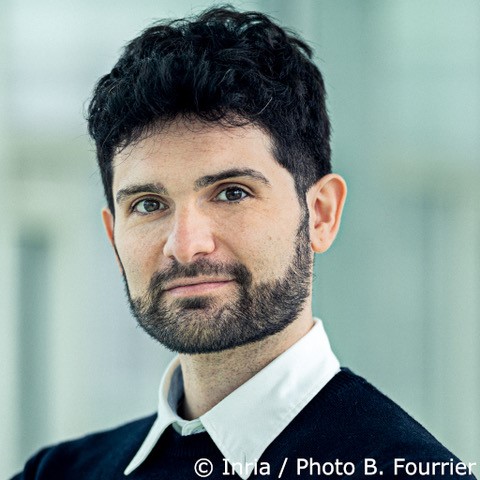 Special Day Co-Chair "Embracing AI in Education and Research"
Special Day Co-Chair "Embracing AI in Education and Research"Marcello Traiola, Inria, FR
marcello.traiola@inria.fr
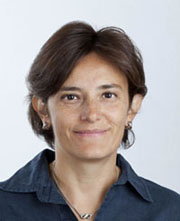 Special Day Co-Chair "Embracing AI in Education and Research"
Special Day Co-Chair "Embracing AI in Education and Research"Cristiana Bolchini, Politecnico di Milano, IT
cristiana.bolchini@polimi.it
Special Day "Open-Source Design Ecosystem"
The open-source design ecosystem has been growing steadily over the past several years. The maturity of open-design processes rely on a decentralised model that simplifies and enables the integration of new design facilities, including open-source Electronic Design Automation (EDA) tools, methodologies, and Process Design Kits (PDKs).
Existing open-source toolchains support complete circuit designs targeting several mature nodes suitable for a wide variety of application domains. However, to unlock the use of open workflows based on advanced design flows and cutting-edge design nodes, a joint effort by the entire community is needed.
This special day will discuss the most recent advances in the open design of circuits and systems, including recent initiatives and ongoing projects that support the ecosystem’s educational and training resources. The goal is to engage more designers and developers in this space and foster discussions that identify mid- to long-term priorities to bridge the gap between open-source solutions and their commercial counterparts.
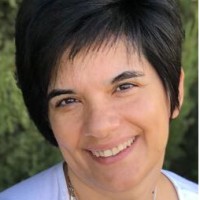 Special Day Co-Chair "Open Source Design Ecosystem"
Special Day Co-Chair "Open Source Design Ecosystem"Piedad Brox Jiménez, Universidad Sevilla | Consejo Superior de Investigaciones Científicas, ES
p.brox@csic.es
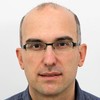 Special Day Co-Chair "Open Source Design Ecosystem"
Special Day Co-Chair "Open Source Design Ecosystem"Milos Krstic, Leibniz Institute for High Performance Microelectronics, DE
krstic@ihp-microelectronics.com
Research Papers – D, A, T, and E tracks
DATE seeks submissions of original, unpublished scientific work in one of its four research tracks (D, A, T, and E), each organised by topics, whose list is provided below. Scientific papers will be evaluated with regard to their suitability for the conference, originality, and technical soundness. They require novel and complete research work supported by experimental results. Accepted papers will be published in the conference proceedings and will be presented in technical sessions at the conference and through pre-recorded video presentations. The technical sessions include short pitch presentations, followed by live interactions with a poster and/or demo. The Technical Programme Committee reserves the right to accept submissions as extended abstracts to be published in the proceedings and presented at the conference.
Within the scope of the conference, the main areas of interest are organised along the following tracks. Submissions can be made to any of the track topics.
Track D: Design Methods and Tools, addresses design automation, design tools, and Hardware architectures for electronic and embedded systems. The emphasis is on methods, algorithms, and tools related to the use of computers in designing complete and complex systems. The track’s focus includes significant improvements on existing design methods and tools, as well as forward-looking approaches to model and design future system architectures and design flows.
This track is organised in the following topics:
- D1 System-level design methodologies and high-level synthesis, Click here for details
- D2 System simulation and validation, Click here for details
- D3 Formal methods and verification, Click here for details
- DT4 Design and test for analogue and mixed-signal circuits and systems, and MEMS, Click here for details
- DT5 Design and test of hardware security primitives, Click here for details
- DT6 Design and test of secure systems, Click here for details
- D7 Network on chip and on-chip communication, Click here for details
- D8 Architectural and microarchitectural design, Click here for details
- D9 Low-power, energy-efficient and thermal-aware design, Click here for details
- D10 Approximate computing, Click here for details
- D11 Reconfigurable systems, Click here for details
- D12 Logical analysis and design, Click here for details
- D13 Physical analysis and design, Click here for details
- D14 Emerging design technologies for future computing, Click here for details
- D15 Emerging design technologies for future memories, Click here for details
- D16 Design Automation for Quantum Computing, Click here for details
Track A: Application Design, is devoted to the presentation and discussion of design experiences with a high degree of industrial relevance,real-world implementations, and applications of specific design and test methodologies. Contributions should illustrate innovative or record-breaking design and test methodologies, which shall provide viable solutions in tomorrow’s silicon, embedded systems, and large-scale Systems.
This track is organised in the following topics:
- A1 Power-efficiency and Smart Energy Systems for Sustainable Computing, Click here for details
- A2 Smart Society and Digital Wellness, Click here for details
- A3 Secure Systems, Circuits and Architectures, Click here for details
- A4 Autonomous Systems and Smart Industry, Click here for details
- A5 Applications of Emerging Technologies, Click here for details
- A6 Applications of Artificial Intelligence Systems, Click here for details
Track T: Test and Dependability, covers all test, design-for-test, reliability, and design-for-robustness issues, at system-, chip-, circuit-, and device-level for both analogue and digital electronics. Topics of interest also include diagnosis, failure mode analysis, debug and post-silicon Validation challenges, and test and fault injection methods addressing system security.
This track is organised in the following topics:
- T1 Modelling and mitigation of defects, faults, variability, and reliability, Click here for details
- T2 Test generation, test architectures, design for test, and diagnosis, Click here for details
- T3 Dependability and system-level test, Click here for details
- DT4 Design and test for analogue and mixed-signal circuits and systems, and MEMS, Click here for details
- DT5 Design and test of hardware security primitives, Click here for details
- DT6 Design and test of secure systems, Click here for details
Track E: Embedded Systems Design, is devoted to the modelling, analysis, design, verification and deployment of embedded software or embedded/cyber-physical systems. Areas of interest include methods, tools, methodologies and development environments for real-time systems, cyber-physical systems, networked systems, and dependable systems. Emphasis is also on model-based design and verification, embedded software platforms, software compilation and integration for these systems.
This track is organised in the following topics:
- E1 Embedded software architecture, compilers and tool chains, Click here for details
- E2 Real-time, dependable and privacy-enhanced systems, Click here for details
- E3 Machine learning solutions for embedded and cyber-physical systems, Click here for details
- E4 Design methodologies for machine learning architectures, Click here for details
- E5 Design, specification, modelling and verification for embedded and cyber-physical systems, Click here for details
Submission instructions – Research Papers – D, A, T, and E tracks
All papers for any technical topic of the D, A, T and E tracks must be submitted for review electronically, following the instructions below.
The accepted file format is PDF. Any other format and manuscripts received in hard-copy form will not be processed. All submissions require novel and complete research work supported by experimental results. Submissions must not exceed 6 pages in length, with one extra page allowed only for bibliographic references. All submitted papers should be formatted as closely as possible to the final format: A4 or Letter page size, double column, single spaced, Times or equivalent font type, with a minimum font size of 10pt. The use of type-3 fonts should be avoided. Baseline-stretch factors to compress text are not allowed. Paper templates are available at the DATE website for authors' convenience.
DATE follows a double-blind review process. To support it, submissions must not include authors' names. In addition, prior work by the same authors should be referenced in full and it should be discussed in such a way that it does not disclose that the work is by the authors of the DATE submission. Any submission not compliant with the guidelines above will be rejected without review. Accepted papers not complying with the formatting instructions above cannot be included in the conference proceedings. A detailed description of IEEE authorship guidelines and responsibilities is available here (https://www.ieee.org/publications/rights/author-rights-responsibilities).
All papers will be evaluated with regard to their suitability for the conference, originality and technical soundness. The Technical Programme Committee reserves the right to recommend that a submission be reorganised as an extended abstract.
Manuscript preparation, submission and deadlines
File format: PDF
Maximum number of pages: 6 pages plus one extra page exclusively for references. If accepted as extended abstracts, manuscripts can be at most 2 page-long with an extra page to be used exclusively for references.
Double blind review process: Manuscripts should not include authors’ names nor affiliations. Authors are expected to follow all reasonable efforts to ensure that their submission is compliant with the double-blind review process.
Format: A4 or Letter size pages, double column, single spaced, Times or equivalent font, at minimum 10pt size, avoiding the use of type-3 fonts. Baseline stretch to compress text is not allowed. Page numbers and copyright notices should not be included in the submission.
Formatting instructions: format.pdf
Templates: Word DOCX (DOCX, 31 KB) and LaTeX (ZIP, 746 KB) files.
Note: Manuscripts NOT following the guidelines above may be rejected without review.
Topic selection: Carefully select the most appropriate research topic when submitting a paper. For track and topic list, see Tracks and Topics list. When submitting a paper, you will be asked to select a secondary topic (mandatory). Your primary and secondary topic selections will enable the Programme Committee to assign your paper to the best-fitting topic.
Deadlines: For a paper to be considered a valid submission, at least a title, abstract, and the complete list of authors should be submitted by the abstract deadline, as indicated in the key dates table above.
The complete manuscript (up to 6 pages plus one extra page for references only) can be submitted at the same time or at a later time, to be no later than the final manuscript deadline. If the submission, including the full manuscript is not complete by the final manuscript deadline, the paper will be automatically withdrawn. Please note that there will not be any additional deadline extensions beyond the final manuscript deadline.
Notification and Camera-Ready Manuscript: The contact author of a submitted paper will be notified of acceptance or rejection of their paper by the notification of acceptance date. In case of acceptance, authors are required to prepare a final, camera-ready manuscript, addressing the reviewers’ feedback, by the camera-ready deadline.
Camera-Ready and Video Presentation: Authors of accepted papers must prepare a camera-ready version of the paper, adhering to the IEEE proceedings format, which will be checked through PDFeXpress. A recorded video presentation of the paper is also required, according to guidelines that will be made available upon acceptance of the paper.
Registration and Participation Requirement for All Accepted Papers - Please note that each paper shall be accompanied by at least one full conference registration at the paper author rate (i.e., two paper author registrations are needed for two accepted papers, e.g., from the main author or a co-author of the paper). DATE is a conference held exclusively in person. Therefore, it is mandatory that at least one author of each accepted paper attends the session where the paper is discussed.
IMPORTANT REMINDERS:
- No Double Submissions: Submissions simultaneously under review or accepted by another conference, symposium, or journal will be rejected. The DATE conference will work cooperatively with other publishing bodies to check for potential "double-submissions". Submissions can be made available as pre-prints (e.g., on arXiv) only AFTER the authors are notified of whether their manuscript is accepted or rejected.
- Authors List Cannot Be Modified: The list and order of the authors cannot be modified after the submission deadline. It is extremely important that the full list of authors, in the correct order, is included when submitting the paper online. If the paper is accepted, authors will not be able to modify the authors’ list later on.
- Presenting Author and Registration Are Required: Please note that each paper shall be accompanied by at least one full conference registration at the speaker rate (i.e., two speaker registrations are needed for two accepted papers. Moreover, at least one author for each paper is expected to attend the session where the paper is discussed and deliver the presentation, otherwise the paper will be removed from the published proceedings after the conference has taken place (despite full payment at the speaker rate) - non-author presenters are not allowed.
Focus Sessions
Focus Sessions can take one of two forms:
- Panels, discussing visionary and controversial issues or
- Hot-Topic Sessions, focusing on the introduction and discussion of new R&D problems, addressing trends in the technical domains that are of interest to conference participants. As a rule of thumb, no more than four speakers per session should be planned for each Hot-Topic Session.
Focus Session proposals must consist of an extended summary describing the topic, the authors/speakers and the format. In case of acceptance, proposers of accepted Focus Sessions will be asked to submit a final description of the session.
It is the responsibility of the Focus Session proposers/organiser(s) to ensure that the deadlines are met and all camera-ready manuscripts from their Focus Session meet the editorial standards of the DATE proceedings. The Focus Session Co-Chairs may decline publication of the final manuscripts in the DATE proceedings if the above responsibility is not fulfilled. Accepted or invited Focus Session speakers are required to register for the conference.
Submission Instructions – Focus Sessions
Focus Session proposals must consist of an extended summary, describing the topic, the authors/speakers and the format. Each proposal should name a chair and a co-chair. The chair and co-chair are responsible for the preparation and the monitoring of the session; they cannot be selected among the moderators/panellists, or speakers/presenters. Proposals should be submitted using the provided Focus Session Proposal template.
In case of acceptance, Hot-Topic Session presenters may optionally select to submit manuscripts for publication in the conference proceedings. Presenters may choose to submit one manuscript for each speaker, or a single collective paper representing the whole session. A paper can be of maximum 6 pages, plus 1 page for references. Such papers will undergo a review by at least 2 experts in the session’s topic, and feedback will be provided to the authors for possible necessary revisions. Such feedback should be addressed in preparing a final camera-ready manuscript for publication.
Panel Sessions are allowed at most one (1) page for a summary position statement for each panellist. Such statements will be included in the conference proceedings.
All focus session manuscripts’ titles must begin with "Focus Session: …".
Embedded Tutorials
Tutorial sessions are designed to provide audiences with an introduction to important topics in the DATE technical areas as well as hands-on tutorials on design automation tools. Early career professionals as well as graduate students will benefit from the introductory knowledge about important topics and tools. Mid-career professionals can attend tutorials to expand their horizons. Embedded tutorials will be offered in 90-minute sessions embedded within the 3-day programme of DATE. We welcome proposals for tutorial presentations spanning all of the DATE technical topic areas.
Tutorials on selected topics shall be offered by leading experts in their respective fields.
This year, DATE is especially looking for proposals on timely topics, including but not limited to the following subjects: 3D-IC manufacturing and test, Silicon Photonics, Quantum Computing, Hardware Security and Privacy, Silent Data Corruption.
The conference covers one 1-day registration ticket for each accepted tutorial to be assigned to one of the presenters. Other tutorials presenters are required to register for the conference.
Submission Instructions – Embedded Tutorials
The submission should motivate the topic and its relevance for both academia and industry, specify whether it covers foundational topics or cutting-edge ones, describe the target audience (expected type of attendees? expected number? alignment with typical DATE audience?), the reason for a tutorial (why a tutorial?, why now?). Hands-on tutorials are welcomed. Moreover, the submission should include a brief abstract with a list of learning objectives, and a clear plan (organisation in sessions, possible speakers, what will be done to attract the audience), and the DATE topic to which it is more closely related. As the tutorials will be embedded in the main conference programme and delivered in person, hands-on content and embedded activities are encouraged. The conference targets a few top-quality well-attended tutorials. In particular, we look for hands-on and tutorials on fundamental concepts, which should be clearly identified in the proposal. Extended conference talks will not be accepted as tutorials. Marketing of company tools are also not accepted. A tutorial submission example is available here for download.
A tutorial proposal should be submitted here by the submission deadline indicated in the key dates table as a PDF file. If a tutorial submission is accepted, final information about the tutorial structure (confirmed speakers, final abstract, final agenda) must be provided by the CONFIRMED PLAN AND SPEAKERS deadline as listed in the key date table. Tutorial hand-out material (e.g., consisting of all slides and background reading material) must be uploaded as a single PDF or ZIP file at the DATE website by the final materials deadline. Please note that handout materials will be made available to tutorial attendees only.
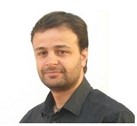 Embedded Tutorials Co-Chair
Embedded Tutorials Co-ChairFrancisco Cazorla, Barcelona Supercomputing Center, ES
tutorials@date-conference.com
Workshops
DATE invites proposals for half-day workshops on emerging research and application topics in design, application, test, and embedded systems. Topics that are not directly covered in the DATE technical programme but represent new research directions with potential impact on future DATE technical areas are strongly encouraged and thus particularly welcome. Workshops will be integrated into the 3-day programme of the conference and thus will be open for attendance to all DATE registered attendees.
The conference covers two 1-day registration ticket to each accepted workshop. Other workshop presenters are required to register for the conference.
Submission Instructions - Workshops
Proposals should be submitted using the provided workshop proposal template. Proposals must be submitted in PDF format by the submission deadline indicated in the key dates table.
Late Breaking Results
The DATE conference provides the community with an opportunity to present new and exciting contributions for submission as Late Breaking Results (LBR) extended abstracts. LBR abstracts should cover new research relevant to one of DATE’s research topics. Two types of abstracts can be submitted:
- breakthrough approaches or ways to solve a known problem from a novel research angle
- breakthrough results, where sufficient work has been accomplished to indicate the viability of the work
Prospective authors are invited to submit Late Breaking Results extended abstracts describing original and innovative work.
To promote a successful LBR forum, LBR submissions will be peer-reviewed, through a double blind-review process, by a broad-expertise Technical Programme Committee. Manuscripts should not include authors’ names nor affiliations. Authors are expected to follow all reasonable efforts to ensure that their submission is compliant with the double-blind review process. Please note that the Late Breaking Results deadline is not an extension of the research paper submission deadline. Accepted LBR submissions will be presented at dedicated technical sessions focussing on live interactions around the accepted work with the goal of gathering feedback and promoting exchanges of ideas with the DATE community.
Submission Instructions – Late Breaking Results
Late Breaking Results (LBR) submissions should consist of a 2-page extended abstract, with the option of using one additional page for bibliographic references only. Authors should use one of the templates provided on the DATE website and prepare a blind submission by the final paper deadline listed in the key dates table. LBR paper titles must begin with "Late Breaking Results: …". This prefix must be used in both the submission and the camera-ready version of the paper.
Formatting instructions: format.pdf
Templates: Microsoft Word (DOCX, 31 KB) and LaTeX (ZIP, 746 KB) files.
It should be noted that accepted Late Breaking Results papers will not be published as submitted. Once accepted, a camera-ready submission must be done, including the names of the authors.
Multi-Partner Projects
DATE will include sessions dedicated to multi-partner innovative and/or highly-technological research projects in the domain of the DATE conference topics. Submissions are encouraged from projects funded by EU programmes (Horizon Europe, EIC, H2020, ECSEL, PENTA, MSCA, COST, CleanSky, …), by the European Space Agency, nationally- and regionally-funded projects from any parts of the world, and collaborative research projects funded by industry. Projects can leverage the Multi-Partner Projects sessions as a vehicle to showcase their vision, activities and outcomes and benefitting from DATE's high visibility and networking assets. The Multi-Partner Project sessions are an opportunity to amplify the project’s outcomes and increase the impact of dissemination and outreach activities.
Project coordinators are invited to submit their contribution by presenting the concepts, work in progress, or lessons learned from the project.
Accepted contributions will be included in the conference proceedings, following the timetable as reported in the key dates table.
Submission Instructions – Multi-Partner Projects
Submissions should consist of a paper, not exceeding 6 pages in length, with one extra page allowed only for bibliographic references. All submitted papers should be formatted following the same format as for research paper submissions. MPP submissions’ titles must begin with "Multi-Partner Project: …". Submissions need NOT be blind, and contributors’ names may be included or inferred in the manuscript. Deadlines for abstract and final paper submissions are as reported in the key dates table. Submissions will be peer-reviewed following a non-blind process.
For more information please contact:
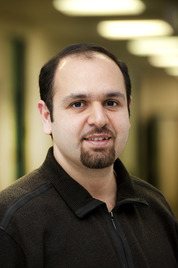 Multi-Partner Projects Co-Chair
Multi-Partner Projects Co-ChairMehdi Tahoori, Karlsruhe Institute of Technology, DE
mpp@date-conference.com
Young People Programme
The DATE Young People Programme (YPP) is embedded in the conference and dedicated to the career development of young DATE attendees, and to forging connections with sponsoring companies and academic and research centres. The Young People Programme comprises three types of engagements: Career Fair, University Fair and PhD forum. For a full description of YPP events, please refer to the dedicated webpage: https://www.date-conference.com/ypp.
Career Fair
The Career Fair is a venue to prepare junior researchers and electronic system design enthusiasts for future careers, and to advertise new and upcoming open positions in universities, research centres, and industry.
The Career Fair will include two main activities. First, universities, research centres, and companies will have the opportunity to introduce themselves with a brief pitch presentation, highlighting their working culture, recent activities, and open positions. This phase will be followed by an informal networking event, where junior DATE attendees will be able to move through posters and standing tables by the presenters to ask questions, share their CV, or plan interviews and/or future exchanges and meetings.
The Career Fair is organised into two tracks:
- the Academic Track: for the presentation of new and upcoming research initiatives entailing academic open positions, targeting universities and research centres. Interested established academics are invited to submit a 1-page abstract description of their latest research plans and their respective open position(s) to the submission link indicated in the key dates table.
- the Industry Track is for companies interested in sponsoring the YPP, to foster connections with young and motivated researchers. Interested companies should contact ypp
![at]() date-conference [dot] com for information on sponsoring options.
date-conference [dot] com for information on sponsoring options.
University Fair
The University Fair is a channel to foster the transfer of mature academic work to a large audience. Interested academic researchers are invited to submit a 1-page abstract description of their pre-commercial research results and prototypes. Accepted submissions will have the opportunity to present their work and demonstrate their prototype in an in-person interactive setting during the demo. The abstract must be uploaded at the link indicated in the key dates table by the corresponding deadline.
PhD Forum
The PhD Forum is a poster session hosted by the European Design Automation Association (EDAA), the ACM Special Interest Group on Design Automation (ACM SIGDA), and the IEEE Council on Electronic Design Automation (IEEE CEDA).
Prospective contributors (PhD students who have completed their PhD thesis within the last 12 months or are close to completing their thesis should submit an extended abstract describing the novelty and advantages of the thesis work. Such an extended abstract must be limited to two pages (excluding references). The abstract should also include the name and affiliation of the contributor, along with the name of the advisor and a list of the most relevant publications authored by the contributor.
A dedicated call for contributions to the PhD Forum can be found at this link. A template for PhD forum submissions is available at this link.
The contribution must be uploaded at the link indicated in the key dates table by the corresponding deadline.
Share this page on social media


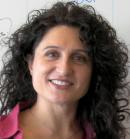 General Chair
General Chair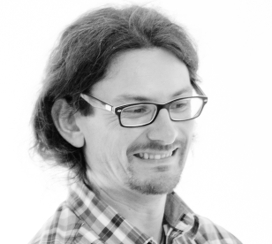 Programme Chair
Programme Chair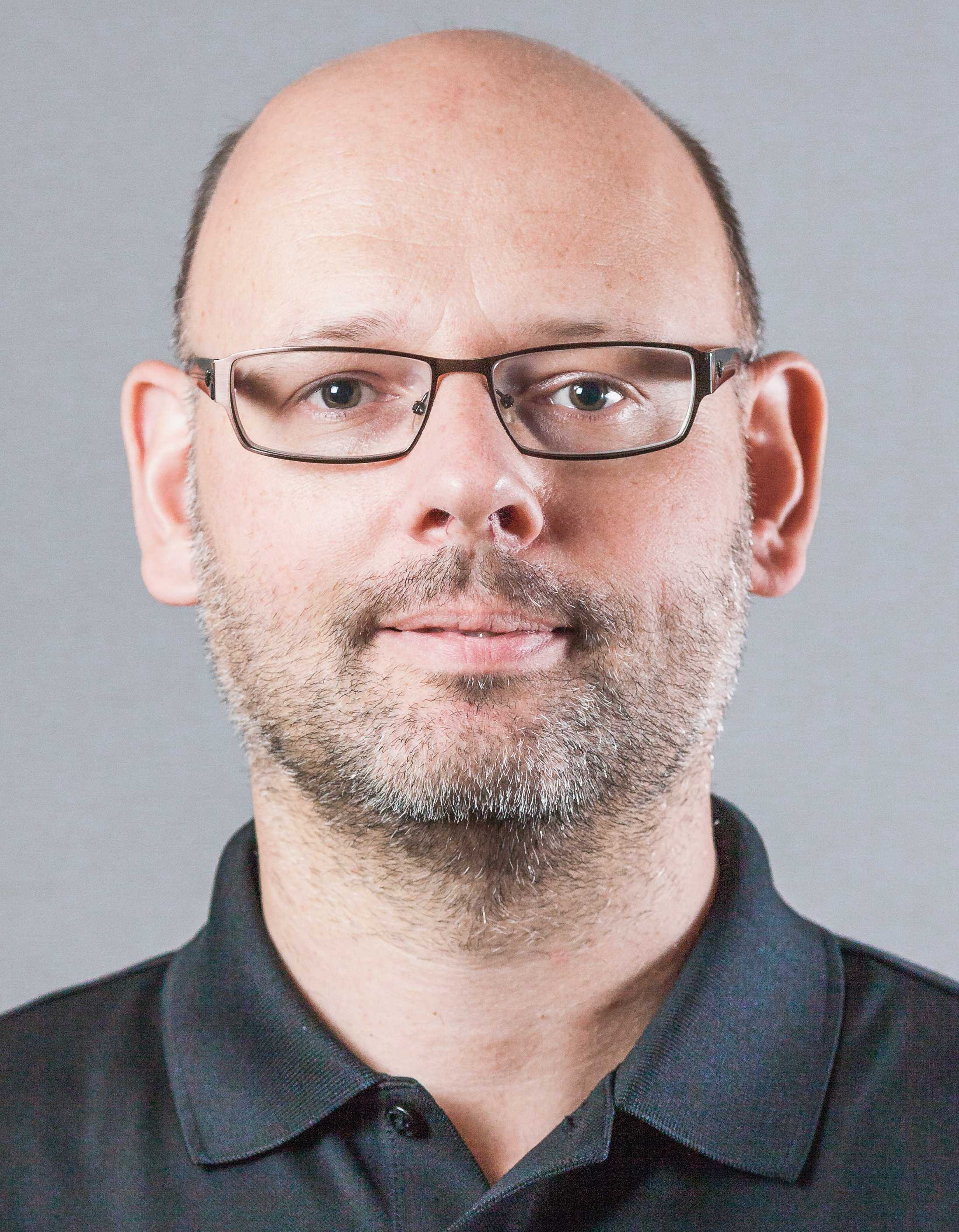 Vice Programme Chair
Vice Programme Chair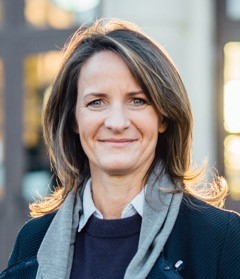 Focus Sessions Co-Chair
Focus Sessions Co-Chair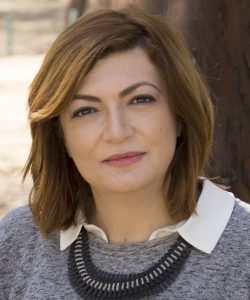 Focus Sessions Co-Chair
Focus Sessions Co-Chair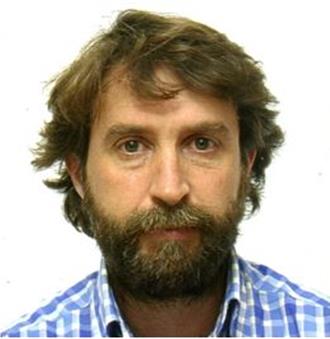 Embedded Tutorials Co-Chair
Embedded Tutorials Co-Chair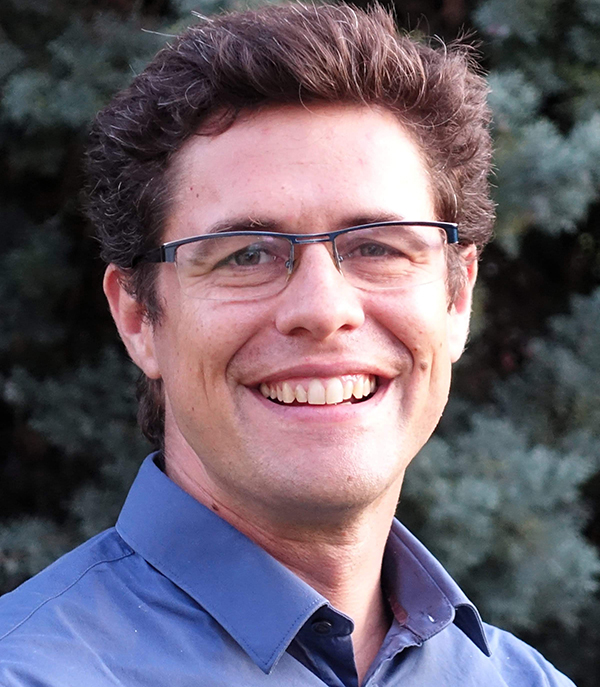 Workshops Co-Chair
Workshops Co-Chair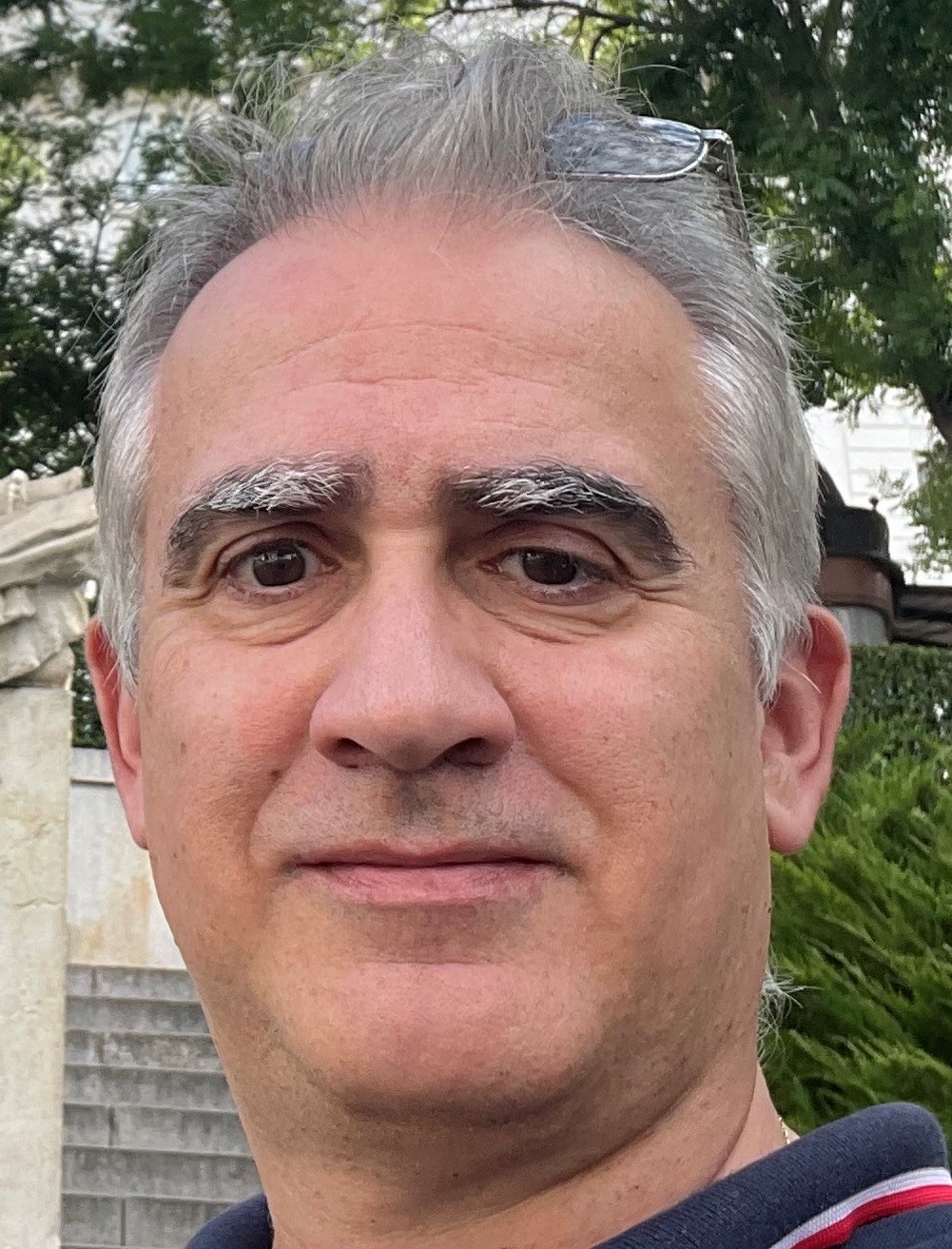 Workshops Co-Chair
Workshops Co-Chair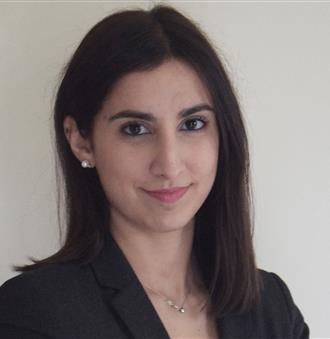 Late Breaking Results Chair
Late Breaking Results Chair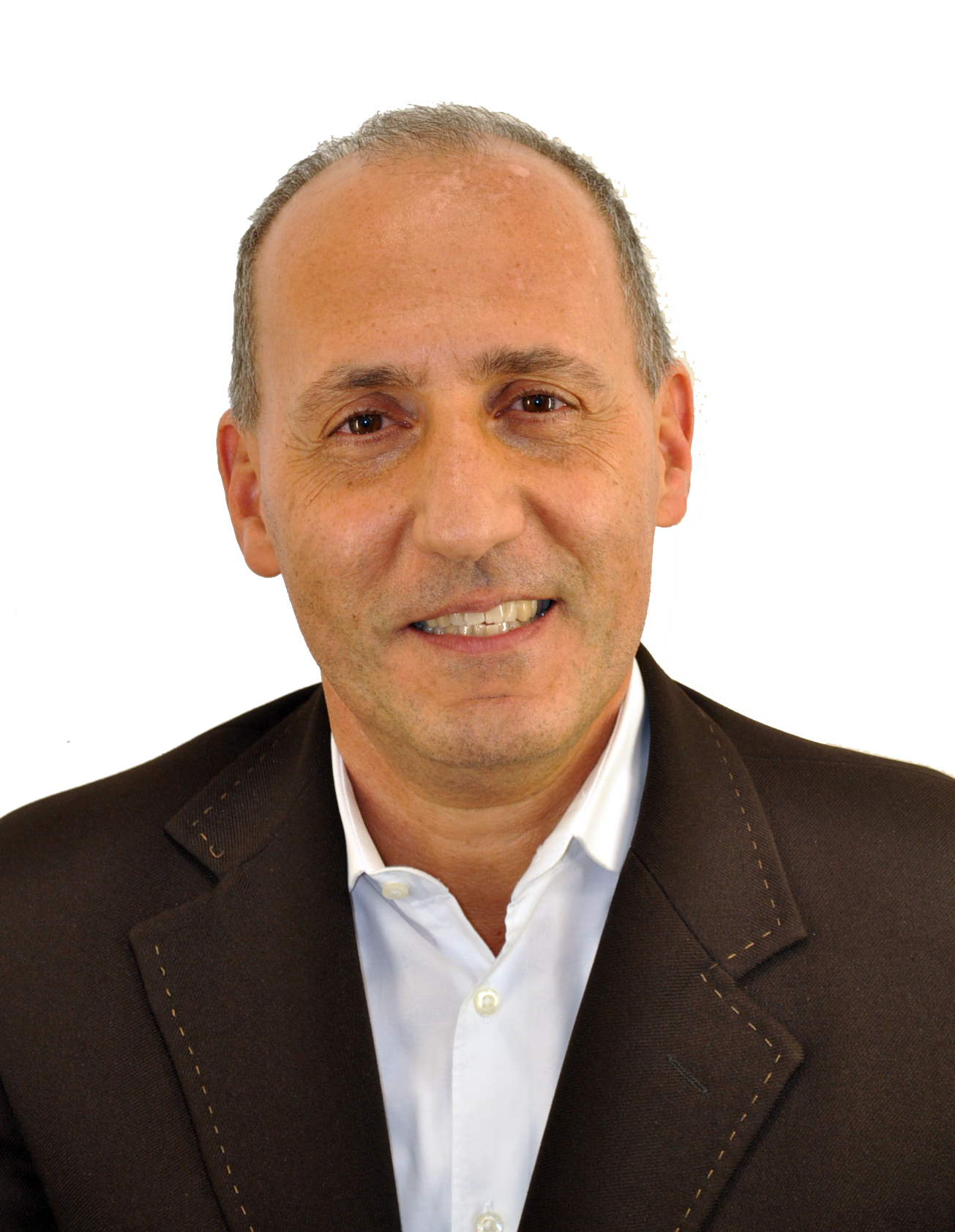 Multi-Partner Projects Co-Chair
Multi-Partner Projects Co-Chair
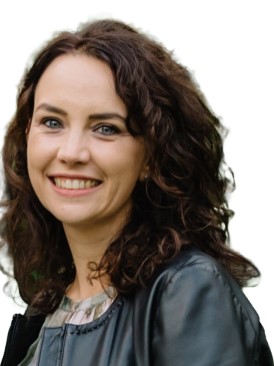 Young People Programme Co-Chair
Young People Programme Co-Chair Young People Programme Co-Chair
Young People Programme Co-Chair Young People Programme Co-Chair
Young People Programme Co-Chair